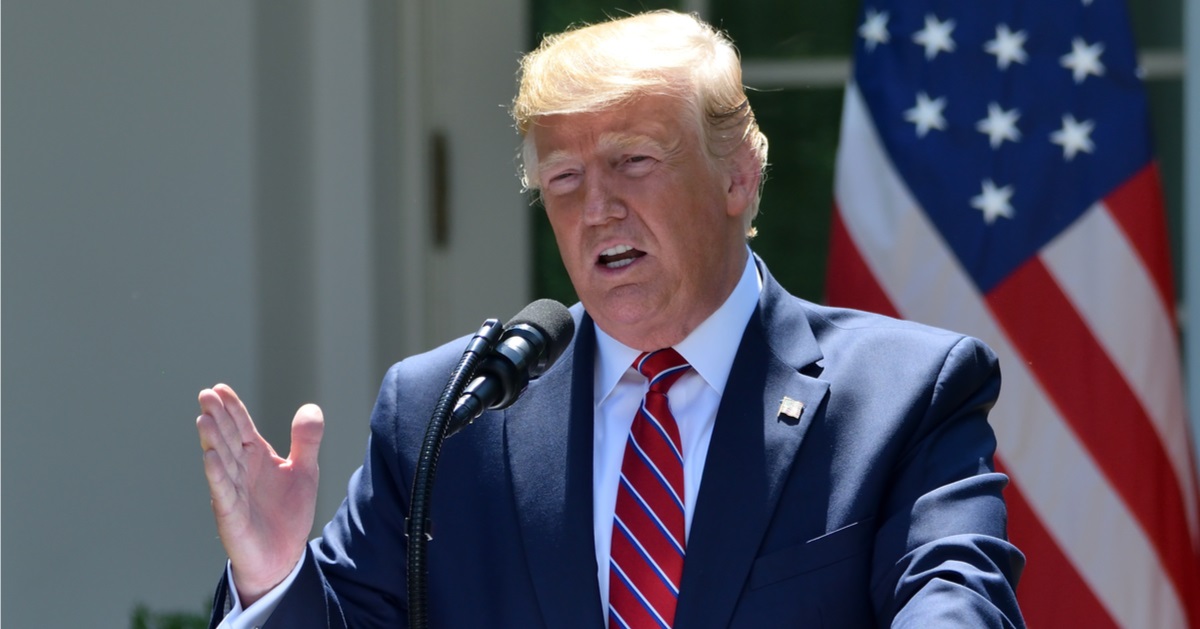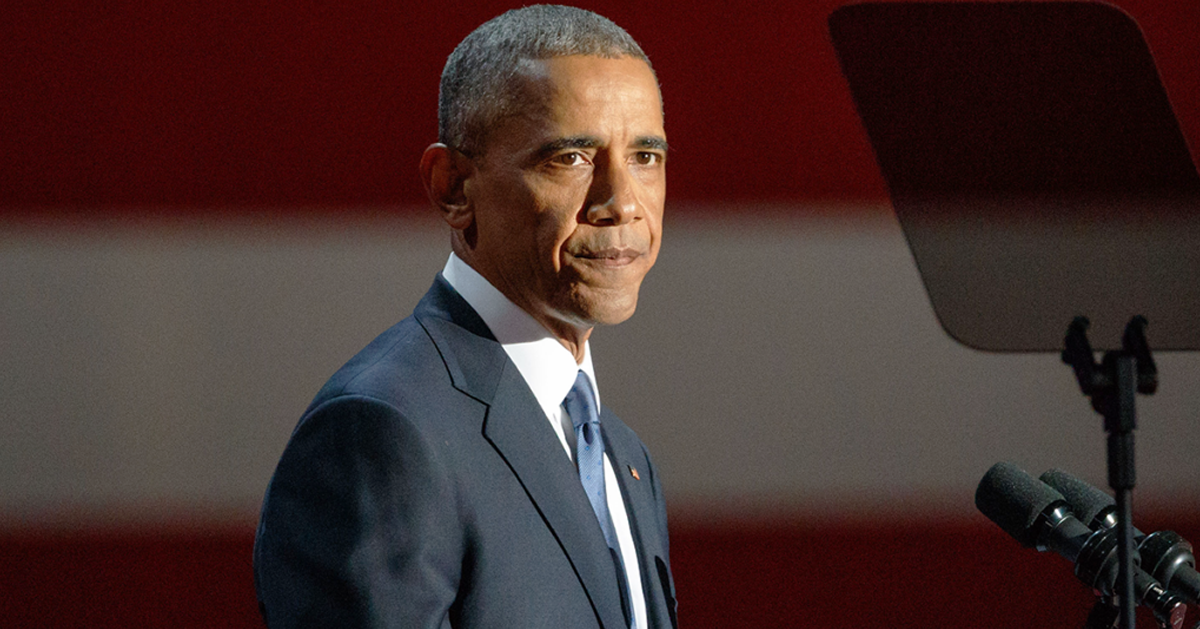Joe Kennedy demands uncle's resignation over health policies
Is the nation’s health being held hostage by one man’s unorthodox views? That’s the question reverberating through political circles as former Rep. Joe Kennedy III (D-Mass.) publicly demanded the resignation of his uncle, Health and Human Services Secretary Robert F. Kennedy Jr., over controversial stances on vaccines and public health.
The uproar centers on Robert F. Kennedy Jr.’s vaccine skepticism, his defense of limiting access to shots, and his broader dismissal of scientific consensus, sparking outrage among family, lawmakers, and health experts alike, The Hill reported.
Let’s rewind to last week, when four top officials at the Centers for Disease Control and Prevention resigned, citing the secretary’s “weaponizing of public health” as their breaking point. One of them, CDC Chief Medical Officer Debra Houry, didn’t mince words, declaring, “Vaccines save lives.” Her parting shot reminds us that science isn’t just a suggestion—it’s a lifeline, and ignoring it has consequences.
Family Feud Ignites Public Health Debate
The drama escalated on Thursday during a Senate Finance Committee hearing, where Robert F. Kennedy Jr. stood firm on restricting vaccine access. He casually noted that “anybody” wanting the COVID-19 vaccine can still get it, despite new Food and Drug Administration guidelines narrowing eligibility for those under 65 to people with underlying conditions. Sounds reasonable until you realize the fine print might leave many unprotected.
At that same hearing, he doubled down, justifying the removal of former CDC Director Susan Monarez. Eleven of the 12 Democrats on the committee had already called for his resignation before he even opened his mouth. Even three GOP senators raised eyebrows, signaling that unease over his leadership isn’t just a partisan squabble.
By Thursday evening, President Trump weighed in, offering unwavering support for Kennedy with a nod to his unconventional approach. “Kennedy’s got a different take,” Trump said, embracing the divergence. But when “different” starts looking like dangerous, one wonders if loyalty trumps logic.
Senate Hearing Sparks Wider Criticism
Enter Joe Kennedy III, who took to social media on Friday with a blistering critique of his uncle. “Robert Kennedy Jr. is a threat,” he posted, accusing him of dismissing science and sowing confusion. When family calls you out like this, it’s not just personal—it’s a public warning siren.
Joe didn’t stop there, lamenting the pain inflicted by such policies. “None of us will be spared,” he warned, pointing to the real-world fallout of health decisions gone awry. Turns out, ignoring experts doesn’t just hurt feelings—it risks lives.
Adding fuel to the fire, Robert’s sister, Kerry Kennedy, also slammed her brother’s misguided leadership. “Medical decisions belong in the hands of trained and licensed professionals,” she posted, decrying the damage to institutions like the CDC. Her words cut deep, reminding us that family ties don’t shield bad policy.
Public Health Groups Sound the Alarm
Kerry wasn’t alone in her frustration, as she bluntly demanded, “Secretary Kennedy must resign.” Her urgency mirrors a growing chorus of concern over the erosion of trust in health agencies. When siblings and scientists unite against you, it’s time for a reality check.
Public health advocates have been sounding the alarm over Robert F. Kennedy Jr.’s long-standing vaccine skepticism. His shift away from established science isn’t just a quirky opinion—it’s a policy pivot that could unravel decades of progress. Ignoring consensus doesn’t make you a maverick; it makes you a liability.
Joe Kennedy III framed the stakes in stark terms, noting that “heartbreak” from illness spares no one, regardless of wealth or status. His plea for leadership rooted in fact over ideology hits hard in a nation already grappling with health crises. Wishful thinking won’t cure disease, but sound science just might.
Trump’s Support Raises Eyebrows Amid Crisis
Meanwhile, President Trump’s continued backing of Kennedy raises questions about priorities in health governance. His praise for Kennedy’s “different” perspective on medical issues might resonate with those tired of bureaucratic groupthink, but health isn’t a debate club—it’s life and death. Supporting bold ideas is one thing; endorsing risky ones is another.
The resignations at the CDC, the family condemnations, and the bipartisan unease in the Senate paint a troubling picture. Robert F. Kennedy Jr.’s tenure as health secretary is under a microscope, and the verdict from many is clear: step down before more damage is done. A house divided—whether it’s family or government—rarely stands for long.
As this saga unfolds, the nation watches, wondering if personal convictions will outweigh public responsibility. Health policy isn’t a sandbox for experimental theories; it’s the foundation of our collective well-being. Perhaps it’s time to prioritize proven solutions over provocative soundbites, lest we all pay the price for stubbornness.



